Christopher Olson
-
__600_375_90_s_c1.jpg) Fringe Arts
Fringe ArtsLocal Artists Don’t Want Your Bright Ideas to Die
Good ideas don’t die; they get placed in a shoebox or are relegated to the furthest corners of your laptop’s RAM.
-
__600_375_90_s_c1.jpg) Fringe Arts
Fringe ArtsFrom A to Zines
Enough has been written about the death of print media to fill a Kindle. But like the common cold, Rasputin and the Road Runner, print media refuses to go down easy.
-
__600_375_90_s_c1.jpg) Opinions
OpinionsUnintelligent Design
Analogies are like a fish without a bicycle… no, wait. Analogies are like tadpoles without a tricycle… Ah, forget it.
The point is that analogies, at best, can be an effective means of compacting a complex scientific set of rules into something that’s understandable to the layman. At worst, they can get someone so lost in abstraction that you can get them to believe just about anything.
-
 Fringe Arts
Fringe ArtsA Print You Can Believe In
In 2008, graphic artist Shepard Fairey did what hours of attack ads and millions of campaign dollars couldn’t: he energized people about politics. Fairey’s Obama “Hope” poster likely helped launch the current U.S. President into public office. And he did it for free. -
_1_600_375_90_s_c1.jpg) News
NewsMedium as a Megaphone
You attend a lecture and everything is going well, until you come to the dreaded Q&A. Don’t get me wrong, you value the presenter’s opinions and relish the chance to see them go off script.
-
 Fringe Arts
Fringe ArtsThe Writers’ Way
Someone once said that the first job of a writer is to give their work away—which sounds like a pretty bad business model, now that I think about it.
It’s a poorly written cliché that writers struggle with their art, and when they’re not jamming their heads against the keyboard in frustration, they’re having just as pleasant a time at finding a steady source of income. -
 Opinions
OpinionsMuch More Than You Wanted To Know About Sex
The next time someone stigmatizes a transgendered person, or someone whose sexual orientation is different than theirs, tell them to take a moment to consider the incredible sexual diversity of life on Earth.
-
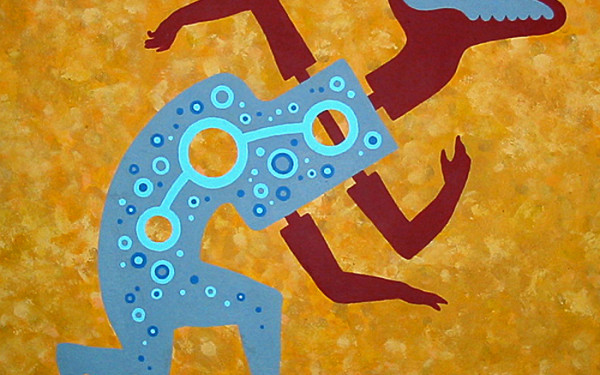 Fringe Arts
Fringe ArtsModern Mythmaking
Montreal author Claude Lalumière knew he was an atheist by age 10, as did graphic artist Rupert Bottenberg.
But neither of them quite knew how to reconcile their beliefs—or lack thereof—with their obsession with cryptomythology and ancient superstitions. -
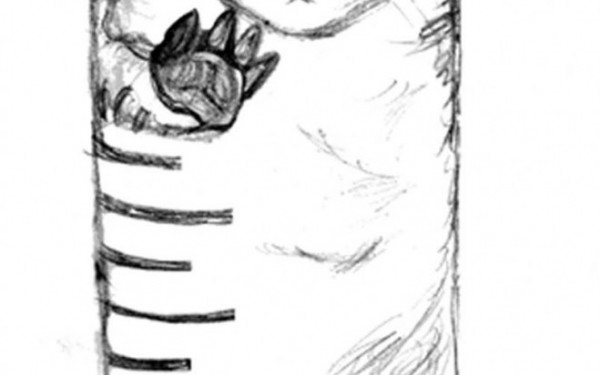 Opinions
OpinionsAnimal Sacrifice
It’s tough to oppose animal cruelty—the surest sign of aberrant and antisocial behaviour you’re ever likely to find outside of cruelty to one’s own kind—and yet still support animal testing. But that’s exactly how I feel.
-
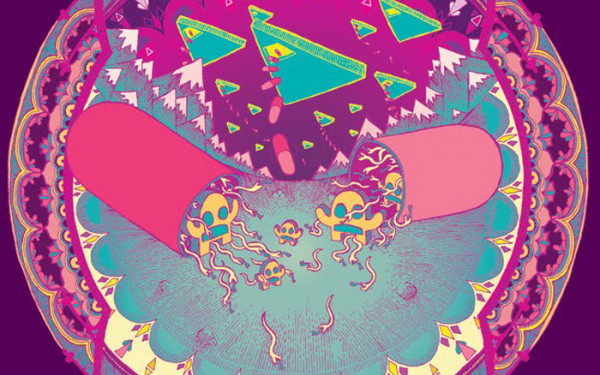 Fringe Arts
Fringe ArtsRage Against the Drum Machine
“I think that computers will be able to do things that up until now in history would have been seen as only in the realm of possibility of humans.”
Drum machinist and founder of the one-man band SuperFossilPower, Tyler K. Rauman, could easily be talking about advances in cybernetics, or the event horizon in which artificial intelligence surpasses human intelligence. -
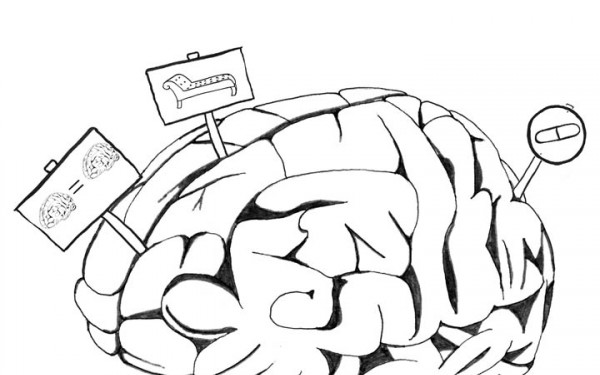 Opinions
OpinionsMental Health Misrepresented
I have a mental illness.
There, I said it.
While that might be the most versatile New Yorker cartoon caption you’ll ever find, I’m hard pressed to find a situation where I could admit that and not face immediate stigmatization. -
_600_375_90_s_c1.jpg) Fringe Arts
Fringe ArtsDungeons & DeLoreans
The only consistent element in author Tad Williams’ life has been change.
-
 Fringe Arts
Fringe ArtsQuick Read
What if the Internet were to gain sentience? What questions would that raise? Would it result in a ‘Big Brother’ society in which free thought is curtailed? What are the implications for flesh-and-blood consciousness? Can self-awareness truly exist without the chemical makeup of the human brain?
-
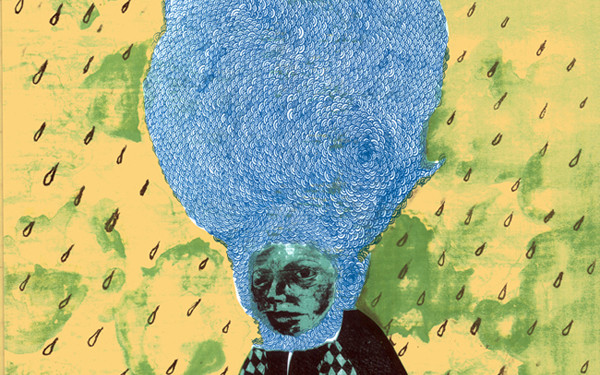 Fringe Arts
Fringe ArtsCEASE Art Collective Drops the Velvet Rope
There’s a downside to Montreal’s vibrant artistic community—its cup runneth over. For this analogy, just pretend the cup is gallery space.
-
_ACTUALLY_600_375_90_s_c1.jpeg) Fringe Arts
Fringe ArtsQuick Read
Henry, the quiet and unassuming protagonist of author Ian Orti’s L (and things come apart), rents the flat above his cafe to an enchanting and mysterious woman by the name of L.
-
 Fringe Arts
Fringe ArtsA literary first aid kit
In a dying print culture, magazines like GQ and Wired have attempted to make their mags more multimedia–with barcodes that can be scanned by cell phones to have stories sent to your inbox or holographic displays of Robert Downey Jr. or the Enterprise appearing in your laptop’s built-in webcam.
-
 Fringe Arts
Fringe ArtsIt’s all true
“When I was making the zine, I never let the impermanence of the medium change the way I wrote,” said Jeff Miller of the 15 years he spent writing his Ghost Pine zine. “I would always make sure that it was not just good enough, but as good as it possibly could be, which I think is one of the only ways to grow as a writer.”
-
 Fringe Arts
Fringe ArtsAndrew Piper predicts the future of the printed word
Books have survived the gramophone, radio, television and the audio-book. But will they survive the iPad?
-
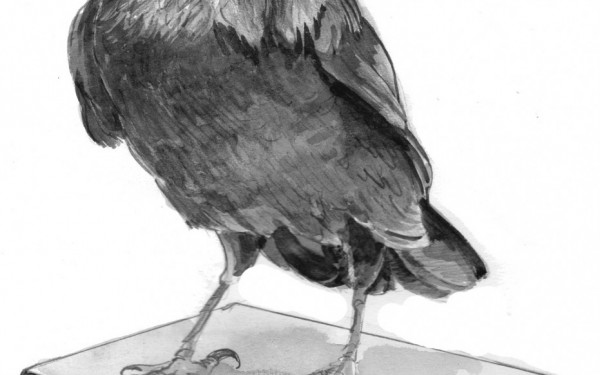 Fringe Arts
Fringe ArtsNo objectivity in war reporting
Where does censorship start? Does it begin with the government cracking down on what’s allowed to be reported on? At the editor or publisher’s desk? Or does it begin and end with the journalists themselves?

